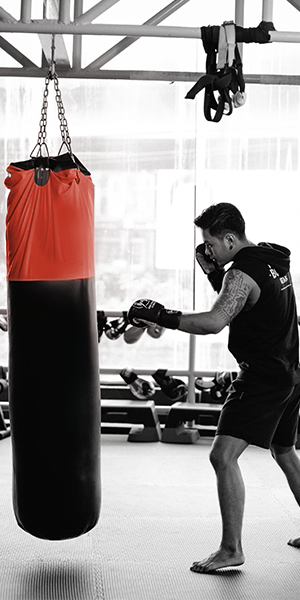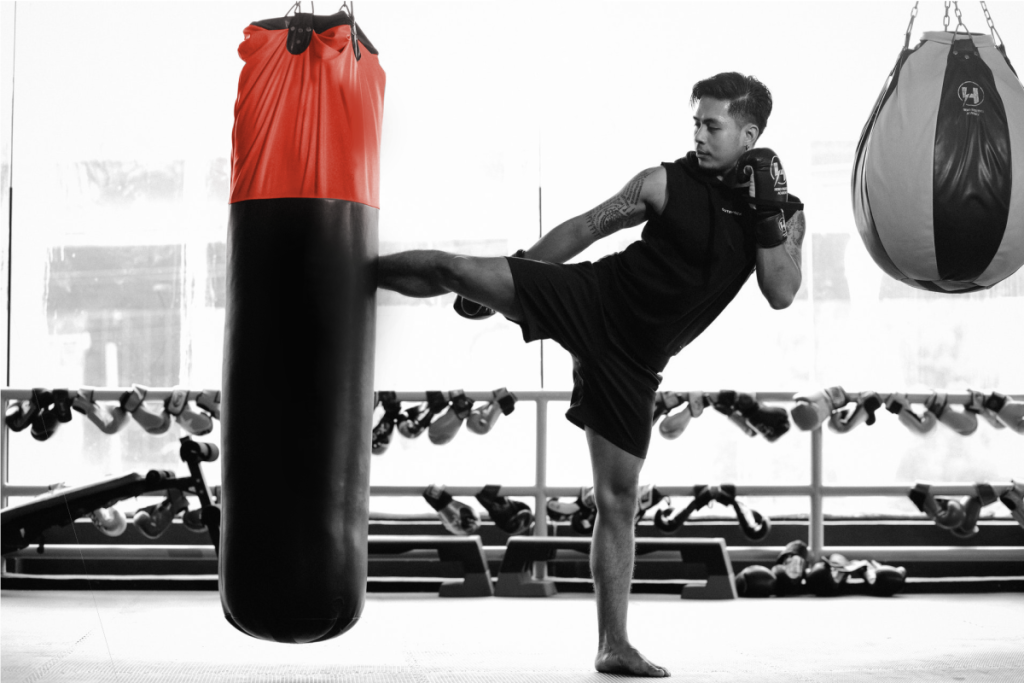WHAT IS RECOVERY?
BEFORE WE DELVE INTO THE NITTY-GRITTY OF WHICH RECOVERY INTERVENTIONS ARE BEST, LET’S ALL GET ON THE SAME PAGE ABOUT WHAT RECOVERY IS AND WHAT ARE SOME OF THE KEY CONCEPTS.
RECOVERY COMES IN TWO PARTS, RESTORING WHAT HAS BEEN LOST IN TRAINING AND ADAPTING TO THE IMPOSED DEMANDS OF TRAINING.
A definition of recovery I really like goes like this, “Physical and mental restoration to be able to perform again at the level that is required.” This definition highlights the mental side of recovery that most overlook. If you impose physical stress on the body you’d think you’d need a physical restoration method, not wrong, but stress is stress, doesn’t matter if it comes from a stressful workplace or a workout. This has to be taken into account when programming.
In short, when we apply a stressor, we temporarily become more fatigued, and our performance reduces.
Once the stressor is removed, a period of recovery follows.
This is usually where people run into burn-out.
As you chase fitness and accumulate more and more stress each workout the fatigue hides the gains in fitness appearing as though you’re going backward not forwards. Fueling the myth of “more is better”, “tiredness is weakness” or “no rest days”.
Proper recovery is where the adaptation occurs, where all the magic takes place, where all your fitness goals are created, not in the gym.
If we use resistance-based strength training as our stressor example. The workout applies the stress and damage to the system and body but it’s in rest and recovery that all the ingredients delivered by inflammation are gathered to repair and build (adapt) so the next workout won’t be as stressful (progressive overload maintains stress as you adapt).
Overtraining Syndrome or Unexplained Underperformance Syndrome is where the stress of training no longer promotes adaptation and instead causes prolonged fatigue. This, unlike the name suggests, is not caused by too much training, but by insufficient recovery.
So, think of it this way, it’s not during the exercise itself where you get fitter, faster and stronger, it’s during the recovery process where this happens. So, if you invest in your recovery, then you can get more bang for your buck from your training.
Is recovery training underrated?
Despite the benefits of being proactive with your recovery and though it is something that is gaining more traction, unfortunately, it does still tend to be overlooked.
does still tend to be overlooked.
The same “Lack of time” problem exists for the gym-goer who is juggling work, family, and sports commitments. Even professional athletes neglect their recovery as soon as life, or anything gets in the way.
Though it is slowly changing, there tends to be a “go hard or go home” mentality within society, whereby those who are always doing more and more in training or are first in and last out of the office are heralded as more likely to be “successful”.
However, with this mindset, quantity is prioritized over quality, and stress is prioritized over recovery, which as previously mentioned is more likely to result in burnout.
When speaking to elite athletes reflecting back on their careers I’ve often heard them talk about how they neglected recovery, to begin with, but as they progressed through their career, they noticed that those athletes that have the longest careers were the ones that looked after their bodies, which then changed their mindsets and made them focus more on recovery.
When you are young the need for recovery strategies feels like it’s not needed as your system can recover damage a lot quicker. But that doesn’t mean damage or wear and tear won’t accumulate over time and as a younger athlete making good habits is far better.
The 4 Big rocks of recovery…
-
Sleep

Sleep is the gold standard for recovery, can’t beat it. There is no point in spending time and money on ice baths, compression garments, massage therapy etc if you’re not getting enough sleep.
-
Nutrition

Nutrition is about replenishing and rehydrating. What foods can we eat to provide our body with the ingredients needed to recover and grow and how much water do we need to shuttle those nutrients around. Supplements can definitely help but as the name suggests they are to supplement a solid and consistent diet.
- Rest

I know rest seems too close to sleep to have its own section but there is not enough emphasis on mental and social recovery. It is important that you get away from your sport and spend time having fun with family, friends, or just yourself. Sometimes sport/fitness/work can be monotonous, so breaking up the routine and having some fun or downtime can be just what is needed to refresh and revitalize you.
-
Timing

When programming recovery timing has to be taken into consideration. There are certain methods that may inhibit your adaptions if done at the wrong time.
An example, it has been shown that ice bath/cold therapy can reduce inflammation, so if you’ve just done a hard strength workout, an ice bath may be the worst thing you can do. Inflammation is needed to heal the damaged tissue, so removing the inflammation using cold therapy may reduce your potential adaptations.
A better timing to use an ice bath would be a contrast hot/cold bathing a few days after resistance training to help flush lagging inflammation around.
So some considerations for recovery would be:
1. How long is your recovery window?
How long until your next session or competition?
Is it short (i.e. less than 24 h) or long (24-72 h)?
2. What you are recovering from/What was the level of stress?
Have you done a strength training session where mechanical muscle damage is more likely to have occurred or an endurance training session where metabolic fatigue is more likely to have occurred, or maybe you’re going through a skill-based block and you’ve accumulated mental fatigue?
3. What you are recovering for/What do you want the outcome to be?
- Is your next session important?
- Do you want to promote adaptation or is performance more important?
No matter what level athlete you are or working with, if you are doing more than 2 workouts a week recovery needs to be just as high a priority as the training itself.
If you want to go further in-depth into the science of recovery training The Functional Training Institute (FTI) has a fantastic certification program with a specific focus on recovery in stage 1 of the Movement Restoration Coach program.
Whether you are a coach or a gym goer the Movement Restoration Coach program will help you stand above the rest and really excel in fitness and sport.
BY
Tim Sunderland
FTI EDUCATION MANAGER
For for Newsletter

